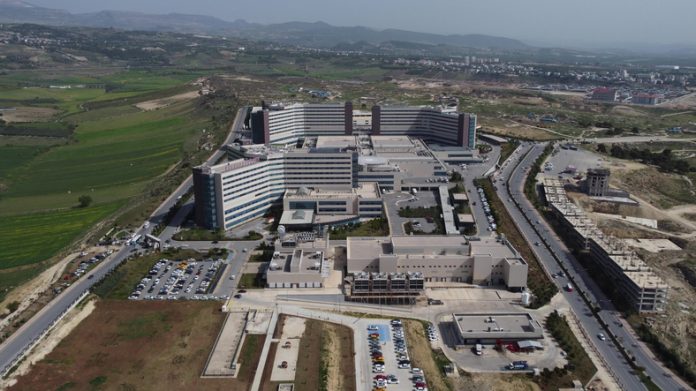The Wall Street Journal reports that facility fees are becoming increasingly prevalent in the U.S. health care system. In some cases, a facility fee for using a physician employed by a hospital nearly triples the cost of those services.
The WSJ article describes how Tim Ebel’s visit to an Ohio ear, nose, and throat clinic in a local hospital system resulted in a $645 “facility fee,” on top of the $348 treatment bill.
This is yet another example of why hospitals should not be allowed to buy physician practices and employ physicians. Hospitals are not competing on price and, therefore, don’t compete at all. Buying physician practices gives hospitals the ability to control what doctors order on behalf of patients, and also to arbitrarily bill for services not rendered.
The Journal reports hospitals are charging billions of dollars in “facility fees” for work done in the outpatient clinics they own. The fees might apply to standard imaging services such as mammograms, and they have become more pervasive as hospitals own an increasing number of outpatient clinics within their markets.
Different from Fraud?
Meet the new surprise medical bill, when hospitals tack on arbitrary fees because they have bought your physician’s practice and now technically employ him or her.
It is a funny thing: when small medical equipment firms perpetuate Medicare fraud, billing the federal health insurer for services not rendered, they often get indicted for fraud. Their executives and co-conspirators get sent to prison. When hospitals do it on a wider scale, officials wring their hands and lament how unfair it is but do nothing about it.
The Journal cites an estimate that more than half of all physicians in the United States now work for a hospital and says that hospitals are on an “acquisition tear” to gobble up independent practices. Hospitals are becoming aggressive. Health Care News described how Alliance Cancer Centers, an independent cancer care practice, lost privileges in a local health care system when it rebuffed a buyout offer. The doctors are not even allowed to write notes in their own patients’ hospital charts.
Not a New Practice
I first read about facility fees in The Wall Street Journal, in 2009. A full 15 years later, the problem has only gotten worse. In contrast, site-neutral payments would save Medicare billions of dollars, notes The Washington Post.
Site-neutral payments refer to paying the same fees whether a service is performed inside a hospital or in a free-standing clinic far from the hospital campus. Hospitals claim they need higher fees for hospital-owned clinics to cover overhead. Yet, it makes no sense to pay more when the same service can be performed more cheaply, elsewhere. However, Medicare site-neutral payment legislation would do nothing for younger Americans with employee health plans or those with high-deductible Obamacare plans.
The Wall Street Journal says it is all but impossible for patients to know in advance whether a clinic is associated with a hospital that will charge facility fees. Perhaps, if hospitals were required to provide price quotes in advance for services to be legally collectible, there would be more transparency.
This also illustrates why corporate practice of medicine laws should be enforced. Physicians given the sole legal right to practice medicine should not be bought and used by hospitals to ambush patients.
Fortunately, for patients, government payors are starting to clamp down on this form of surprise billing. Medicare now refuses to pay “facility fees” for drug infusions at hospital-owned off-campus sites. The Journal reports that beginning in July, Colorado will require hospitals to disclose the fees before billing, and starting next year, Indiana has banned the largest non-profit health systems from charging “facility fees.” Other jurisdictions, and the private sector, should follow suit.
Devin Herrick, Ph.D. (devonherrick@sbcglobal.net) is a health care economist. A version of this article was published on March 252, 2024, on the Goodman Institute Health Blog. Reprinted with permission.





















